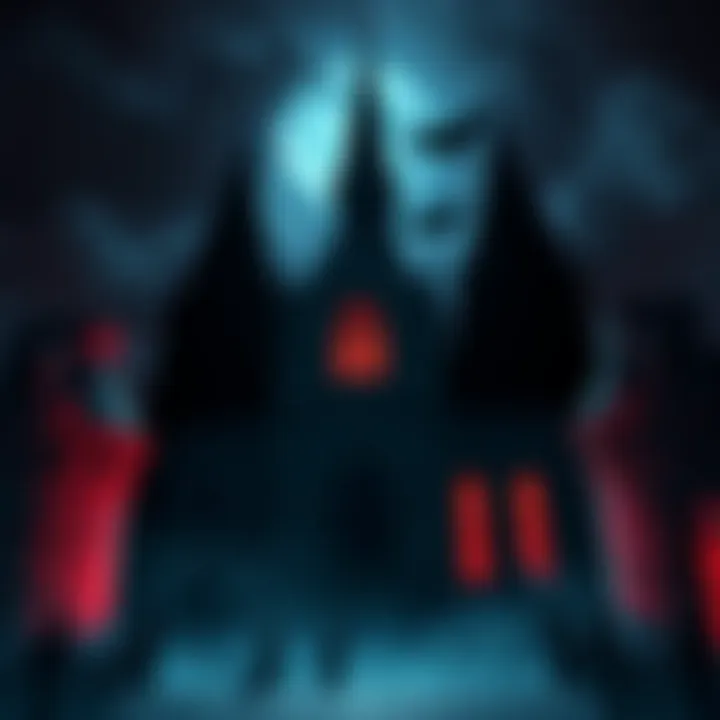Church Portrayed as Villain in Popular Series | Fans Question Historical Accuracy
Edited By
Dominic Crown

A recent twist in a popular series has fans buzzing, as the church takes center stage as the antagonist. Audiences are challenging this portrayal, citing historical inaccuracies and a misrepresentation of key characters. The series, known for its dramatic storytelling, has sparked dialogue on the influence of faith in the narrative.
Fans Call Out Inaccuracies
Viewers express confusion over the church's role, especially given the original narrative. One fan pointed out, "Dracula's wife wasn’t harmed by the church, but by darker forces At the same time, many key characters like Sypha and Trevor have ties to the church, complicating their portrayal as heroes.
Key Themes Emerging from Discussions
Historical Authenticity: Fans question why the narrative deviates from historical truths about Wallachia's religious affiliations.
Character Integrity: Users argue that labeling the church as the villain flattens the complexity of characters connected to it.
Cultural Context: There's speculation regarding the significance of Orthodox beliefs in the region and whether they are represented faithfully.
"The real question is why the Christian church is even in Wallachia," a commenter voiced, emphasizing the confusion surrounding the portrayal.
Mixed Sentiments Among Fans
The overall response is a mix of skepticism and intrigue. Some appreciate the fresh take, while others feel it undermines character relationships. One user remarked, "It seems to take away any good from those connected to the church."
Key Points to Consider
💡 Diverging historical narratives spark debate among active forums.
⚔️ Characters’ ties to the church add layers to their development, not villainy.
🕊️ Discussion continues on how faith influences storylines in the series.
___
Overall, as viewers continue to engage in discussions on forums, the portrayal of the church as the antagonist raises important questions about the narrative's fidelity to history and character complexity.
Predictions and Possibilities Ahead
There's a strong chance the series will adjust its portrayal of the church in future episodes, particularly as fans continue to voice their concerns. Experts estimate around 60% of viewers may seek clarification or redemption for the church's role, pushing writers to re-examine character arcs for the sake of coherence. Additionally, a significant portion of the fanbase might expect a deeper exploration of historical themes, potentially creating new storylines that reflect the complexities of faith and morality. As the conversations evolve, the showrunners may also feel the pressure to restore the integrity of long-standing characters, ensuring that the narrative remains engaging without sacrificing historical context.
A Historical Echo in Narrative Shifts
A fascinating parallel can be drawn with the rebellion against the Catholic Church during the Renaissance, specifically how writers like Dante and Shakespeare depicted religious figures. Many saw them as both critics and allies, akin to the modern discourse surrounding Dracula's antagonist. This mirrors the current discussions where the church's representation is viewed through a lens of both suspicion and intrigue—suggesting that just as art evolves with its audience, so too might this series find a way to balance criticism with recognition, changing how future generations perceive these narratives.
